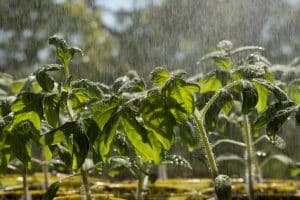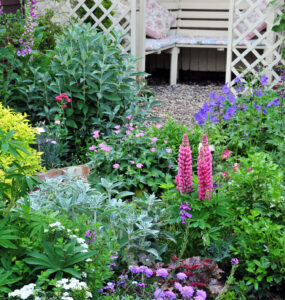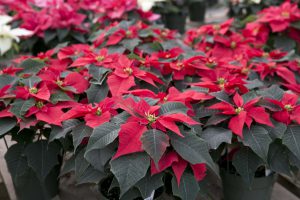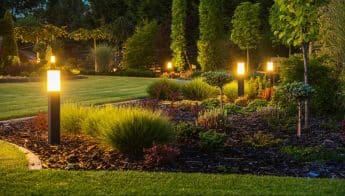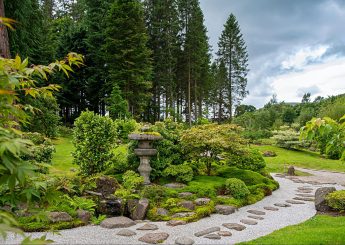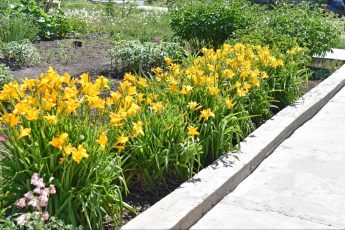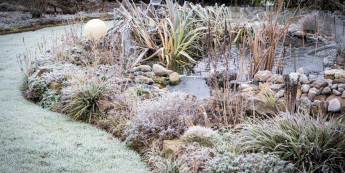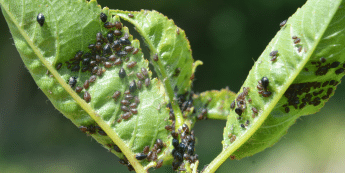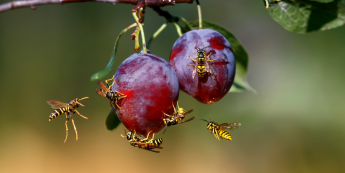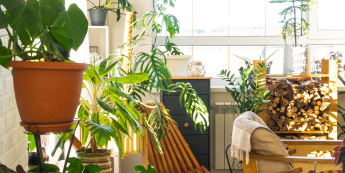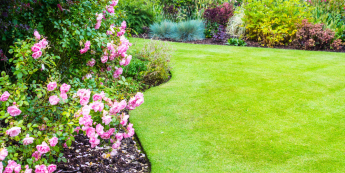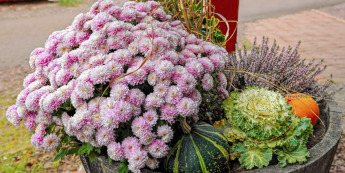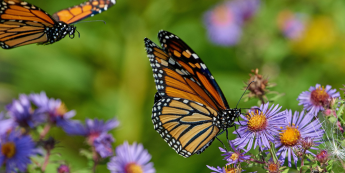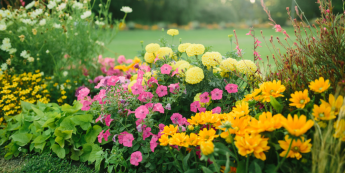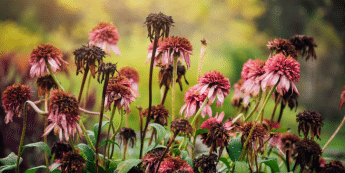
Bonsai Basics
By Rob Sproule
We proudly stock Miami Tropical Bonsai Trees, one of the largest growers and importers in the United States.
Basic Care
Best Types
Water & Humidity
Light & Fertilizer
I’m not a meditative man. Few things I encounter are able to interrupt my buzzing mind long enough to take a deep breath and center myself. Well-crafted bonsai trees, which have the latent ability to bewitch with sheer simplicity, never fail to stop me in my tracks.
Both figuratively and literally speaking, bonsai trees are living history. The Japanese have been perfecting the art form of miniaturizing trees for almost 1500 years, and even starter trees are typically 5-10 years old.
The age of the world’s oldest bonsai is controversial, with outlandish myths of millennia confusing the facts. The prize goes to a 5-needle pine housed in Tokyo’s Imperial Palace, which is an astonishing 550 years old. It’s common to find trees that are many decades, or even centuries, old for sale across the world.
Meaning “Potted Tree” or “Little Tree” (depending on who you ask), Bonsai is the art of capturing, in living sculpture, a piece of the natural world and fashioning it into an ideal form. It’s enjoying a surge of popularity in Canada with gardeners attracted to the focus, delicacy, and simplicity it offers.
Basic Care:
The trees used in bonsai are the same species as those towering above us everyday. The essence of the art lies in the finely honed skill required to condense nature’s massive, unpredictable forms into an immaculately manicured showpiece. Traditionally, a well-grown bonsai has trumpeted the triumph of focus over chaos.
Your little piece of nature is totally dependent on your care. Small trees are no harder to care for than other houseplant, but as it grows and its root system’s density tests the tiny confines, its needs get slowly (very slowly) more complex.
Unless we are collectors, the vast majority of us will never have to worry about the complex care needs very old specimens require. We just need to keep it watered, trim it now and then, and try to remember to take a deep breath every time we walk by it.
Best Types:
When you think bonsai tree, the first image in your head is probably of an evergreen juniper or pine tree. While these are classics, and certainly the most ubiquitous starter trees lining box store shelves, they are the last thing I’d recommend for beginners.
Evergreens are temperate species, with some even being hardy to our frigid zone. This is a recipe for frustration with potted plants. Temperate species need a dormancy period over the winter, meaning that your evergreen will demand a cold (but not freezing), well-lit spot. As this isn’t a spot that exists in the average home, I recommend species for beginners.
Tropical bonsai, like ficus, arboricola (aka. banyans), and Fukien teas are the same plants you’re already growing in your living room. Having never known snow, they don’t need dormancy and thrive in any well-lit spot over winter and in a sheltered spot (morning sun only is best) outside once the nights are above 5 Celsius.
Water & Humidity:
The easiest way to kill a bonsai is death-by-love (more commonly known as over-watering). If the soil surface is wet, please forget. If it’s dry, gently tip the tree upside down, out of its pot, to check the root ball’s water level. When the moisture line (darker soil) is about a halfway to the bottom, water it well.
Your tree will drink more in the growing season (March to October), especially if it’s in the sun. Water it from above until it flows from the drainage holes, then wait 5 minutes and repeat.
If your tree is visibly stressed (drooping), take the more dramatic action of submerging the bowl (keeping the water level below the pot’s rim) for a half hour. Every watering should be to soak the soil.
Tropical species evolved in climates much, much more humid than ours. In the winter, especially, your tree will need more moisture. Keep a spray bottle next to your tree and give it misty love when you walk by.
If you’re keen, fill a tray with pebbles and keep it full of water, though always below the drainage holes. The evaporating water will create a micro-climate around the tree, increasing ambient humidity by almost 50%.
Learn more Bonsai Basics, with Alberta’s Best Gardening Blog
Light & Fertilizer:
Giving your little tree as much light as possible will keep it happily healthy and bushy. Once the spring nights are above 5-7 degrees C, it can live outside if sheltered from our oppressive western sun. When the fall nights fall below 5-7 C, it’s time to move indoors.
In the winter, optimum is to give it 6 hours of direct light a day. That may not happen in January, but fret not as a dash of fertilizer in the spring will bounce it out of the winter doldrums.
As bonsai have very little soil to pull nutrients from, they require supplemental snacks. You can either buy over-priced specialty fertilizer or grab the same 20-20-20 that you use for everything else (guess which one I use). The latter has all the micro-nutrients a plant needs.
From April to October, fertilize monthly at full strength or twice a month at half (preferred). During the winter, half strength monthly is fine. Make sure the soil is slightly moist; fertilizer splashed on roots as delicate as bonsais’ can burn them.

